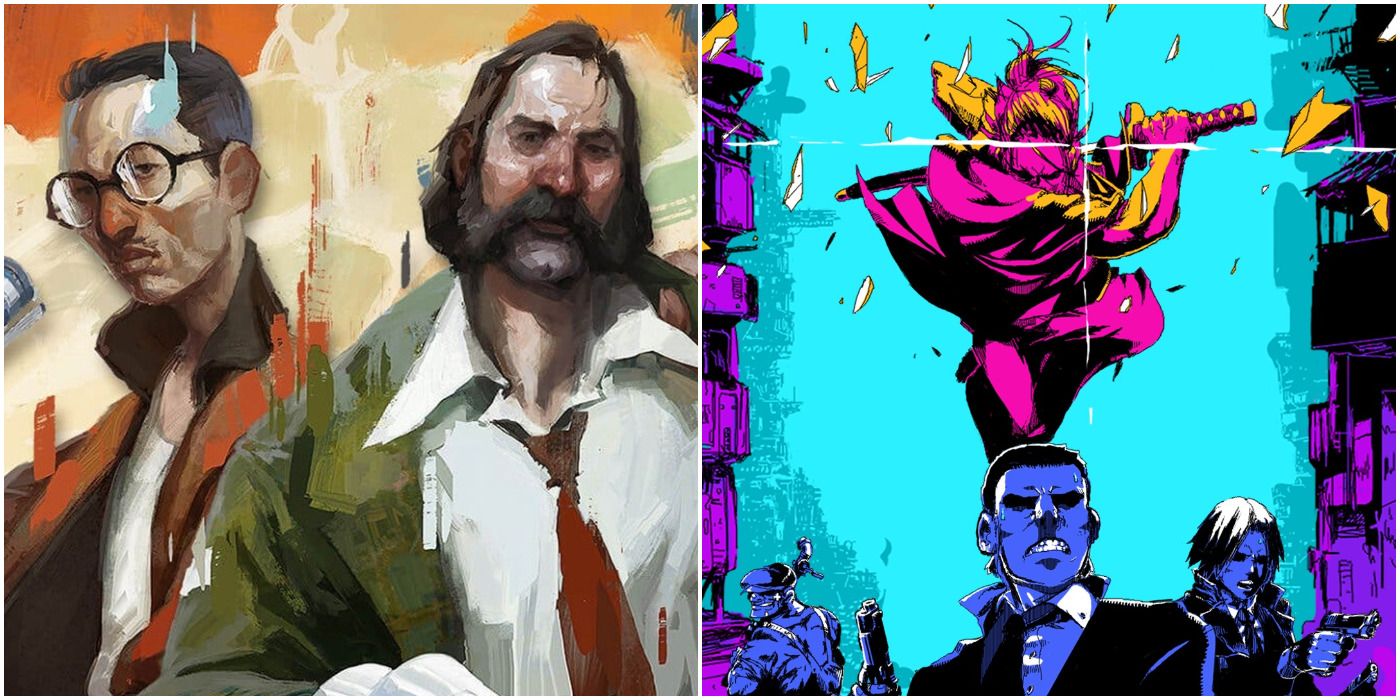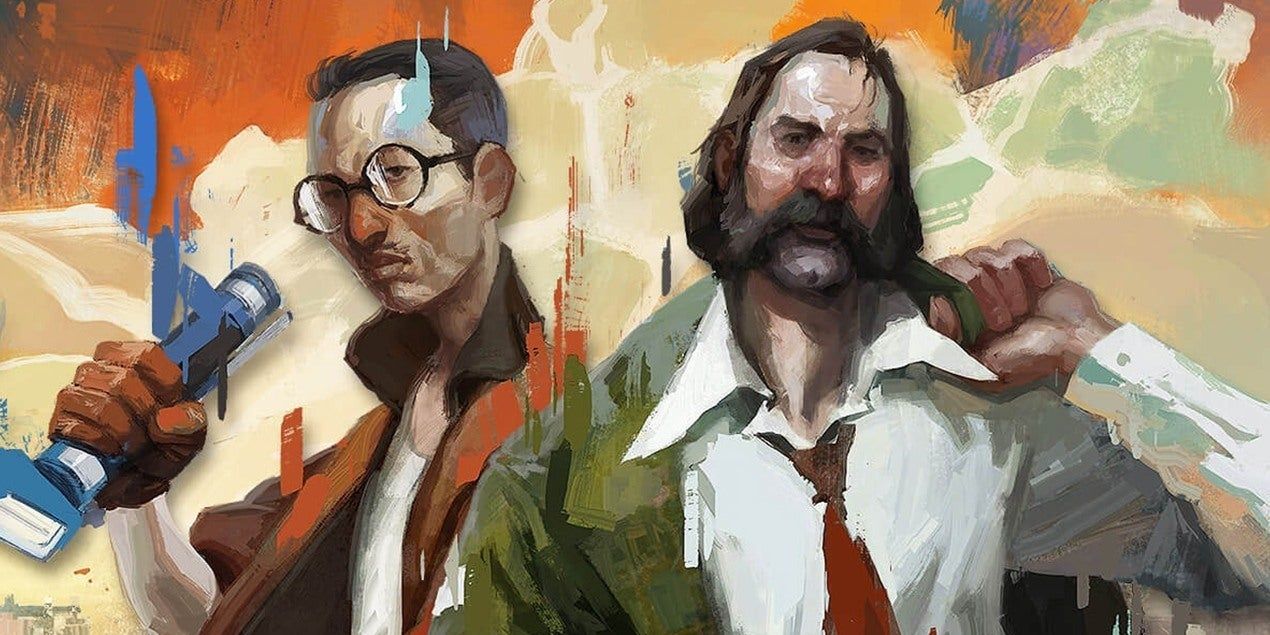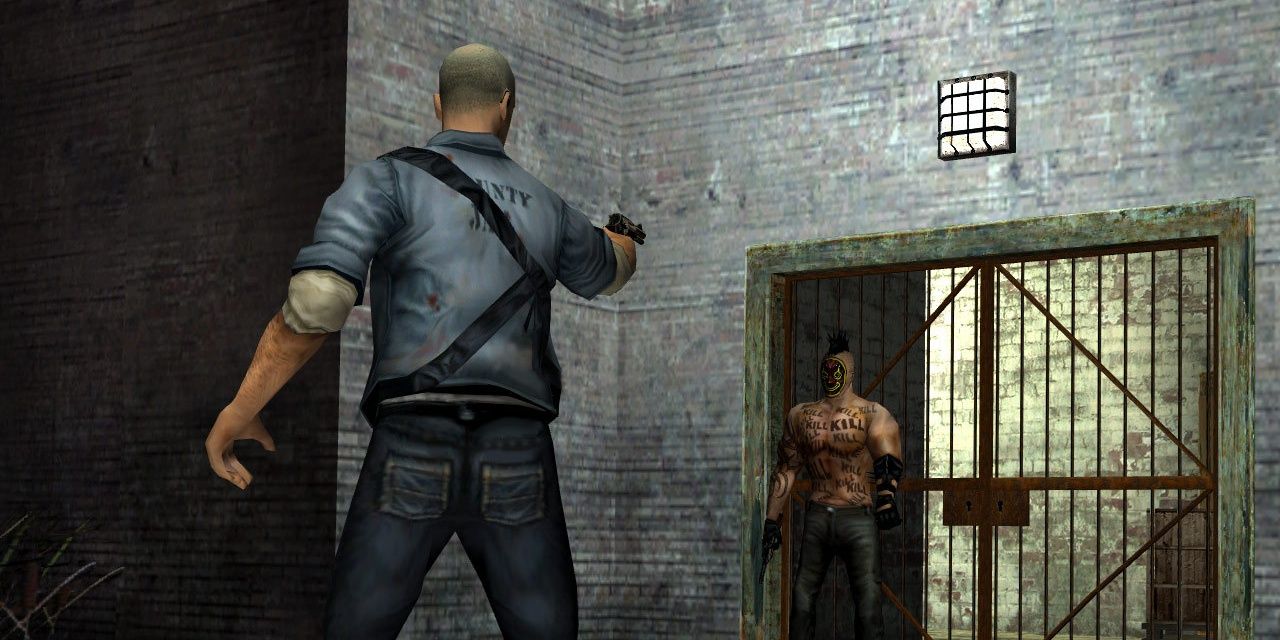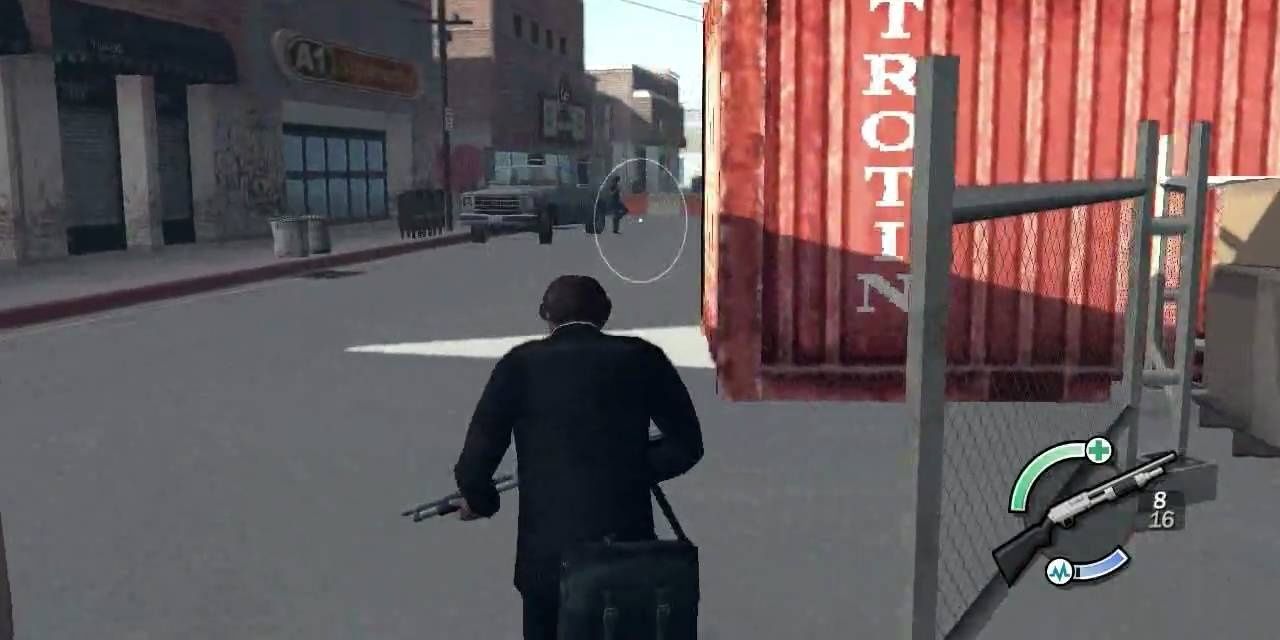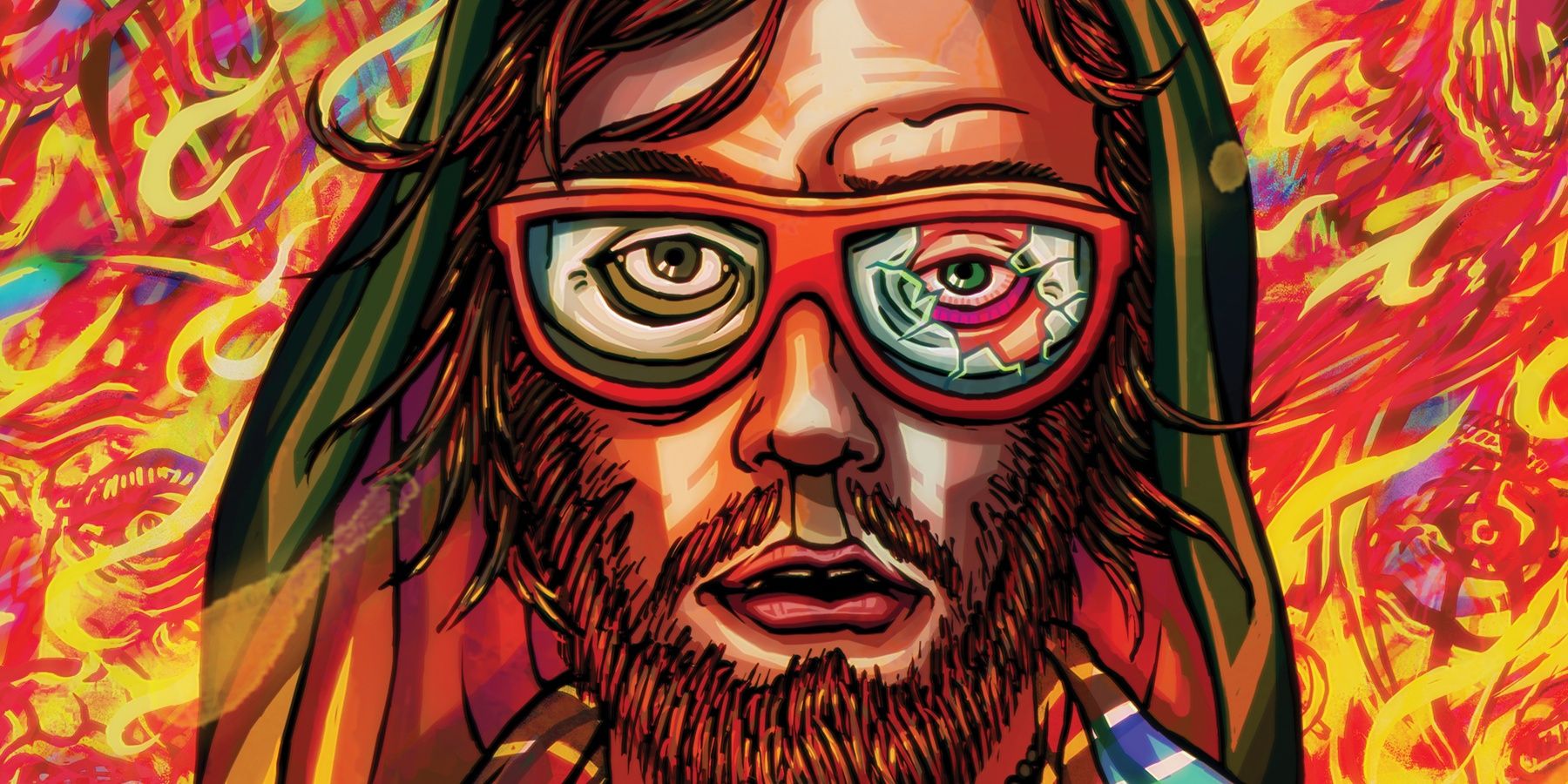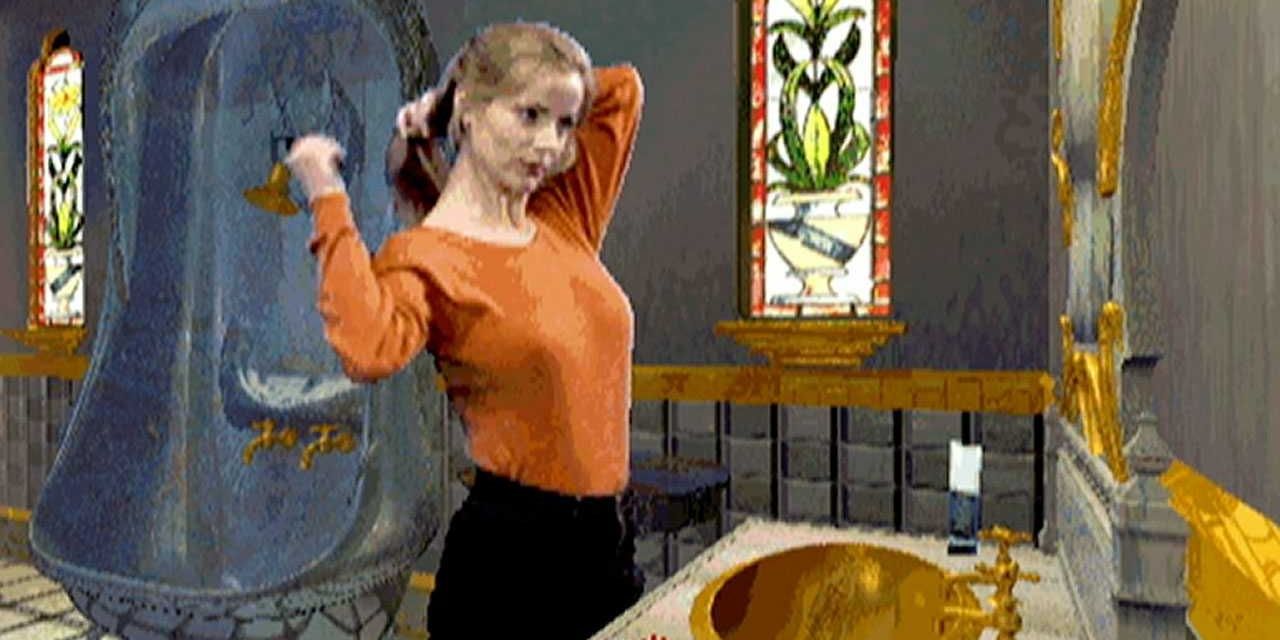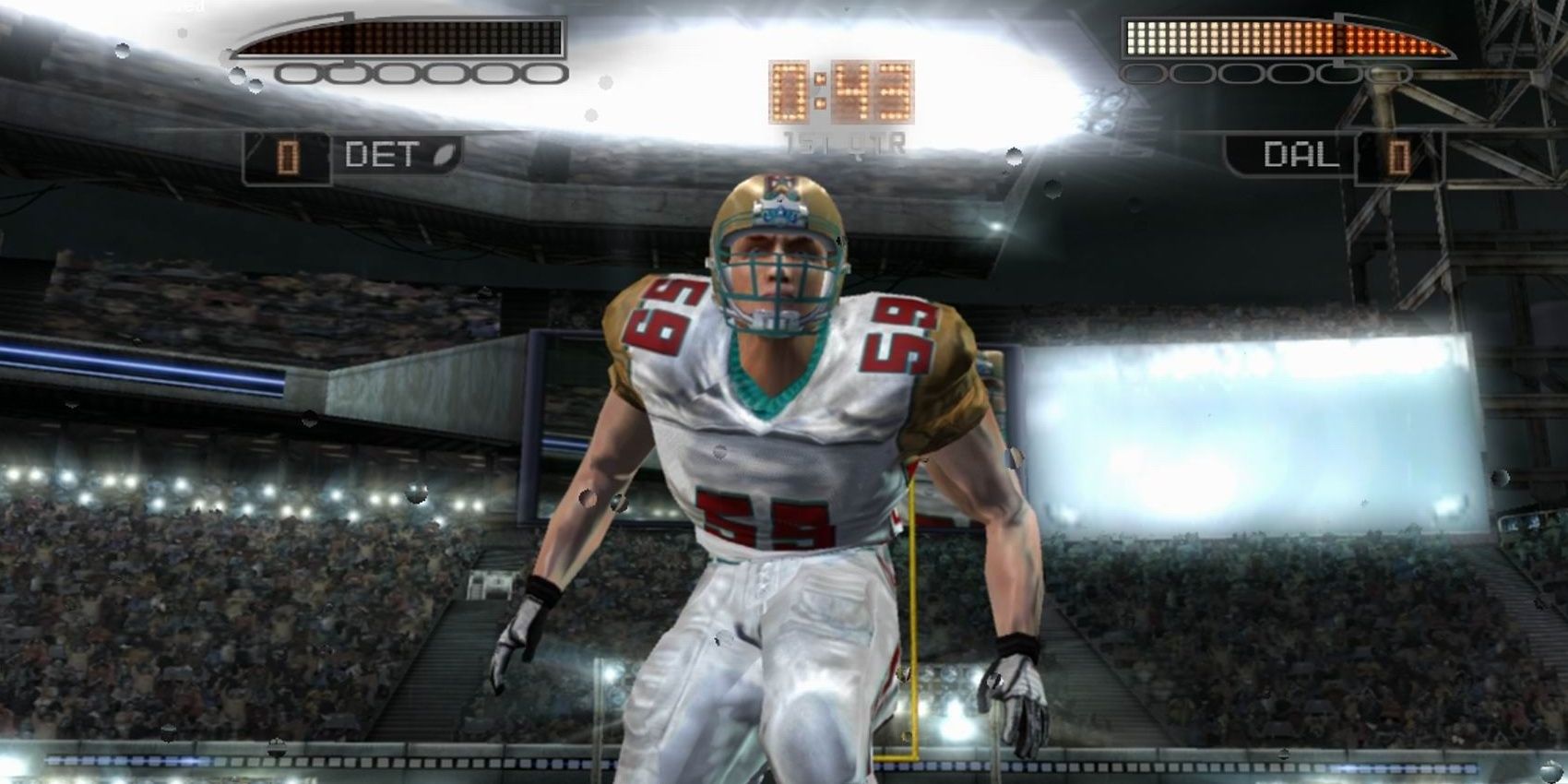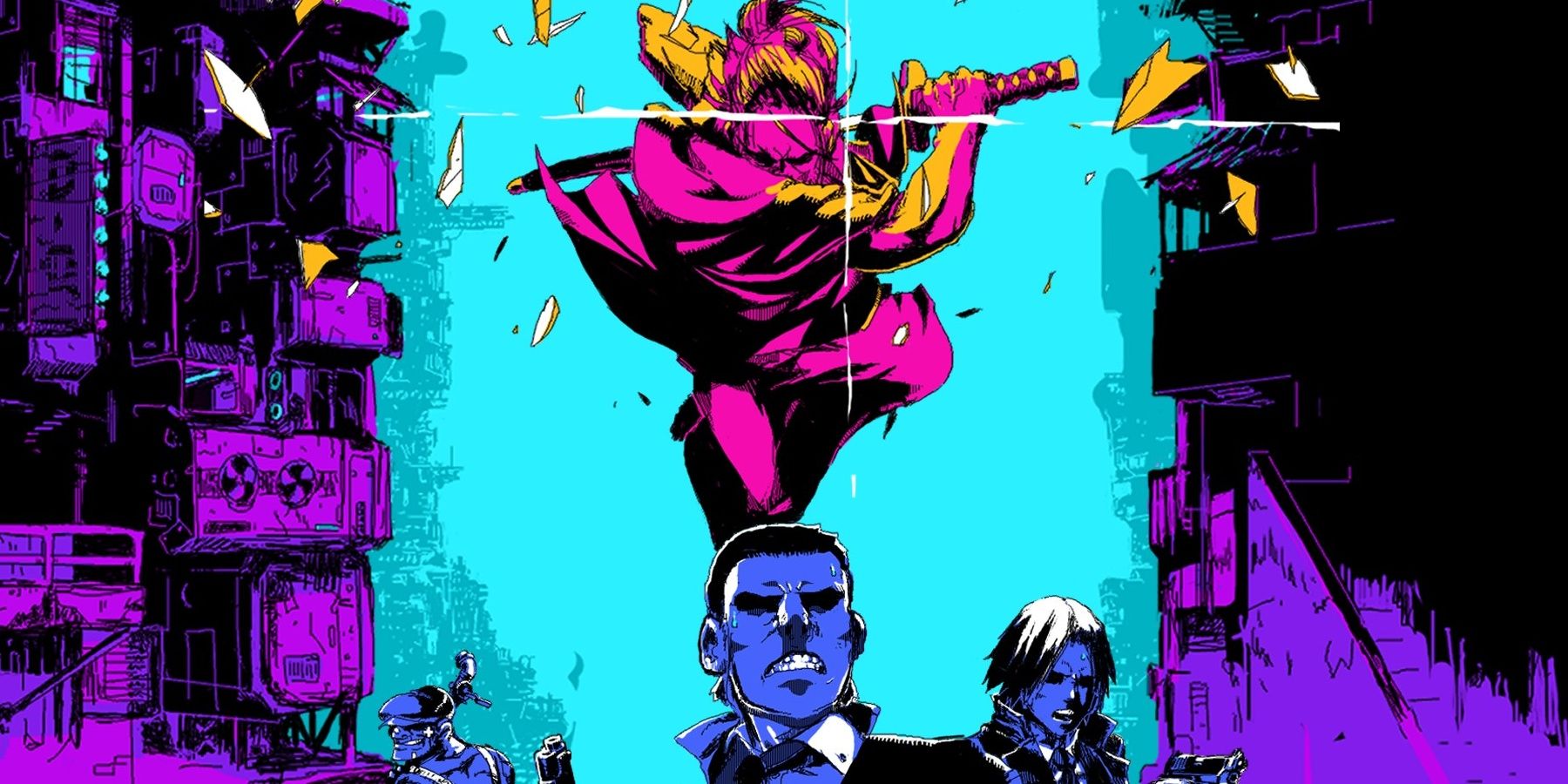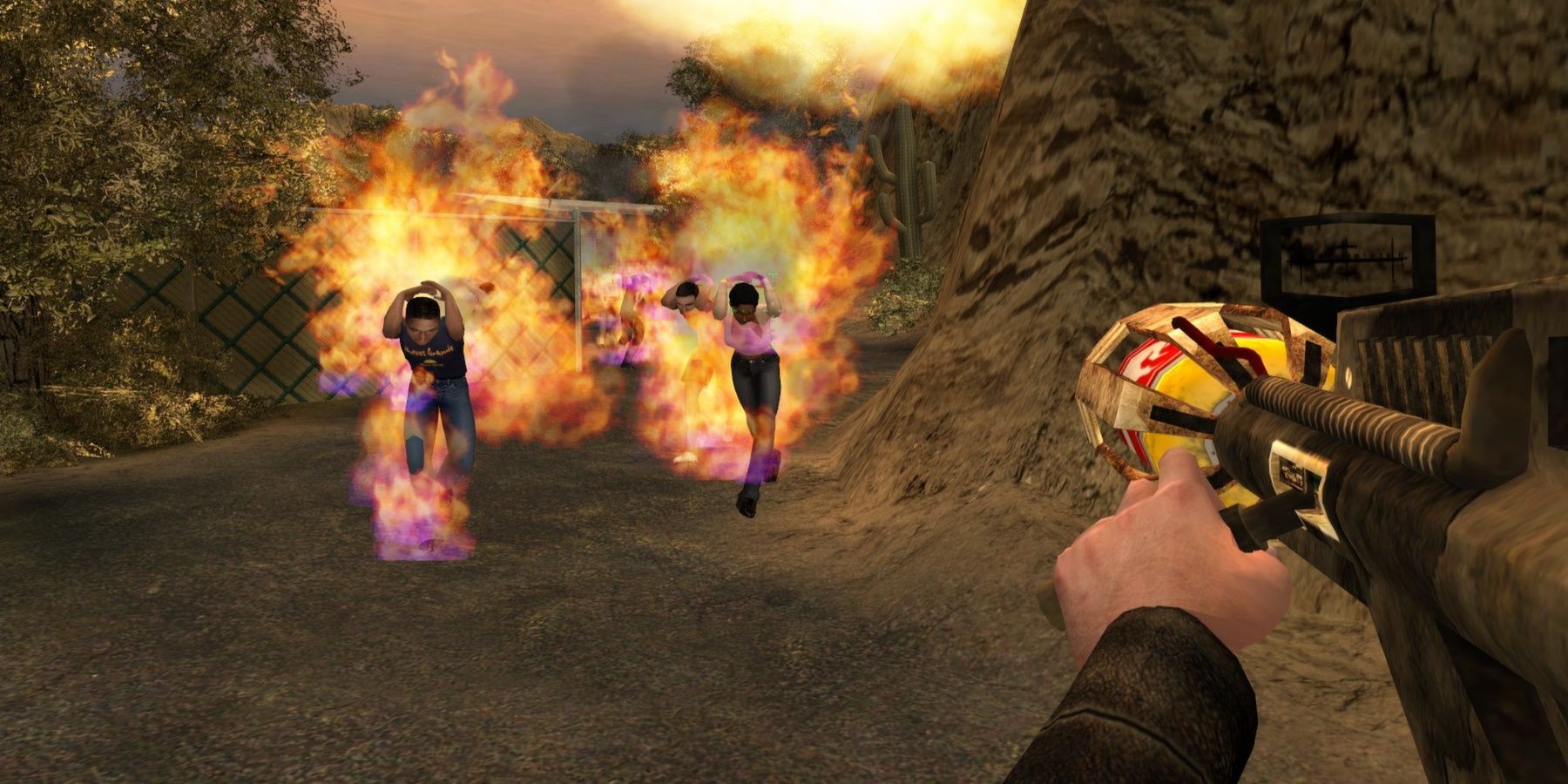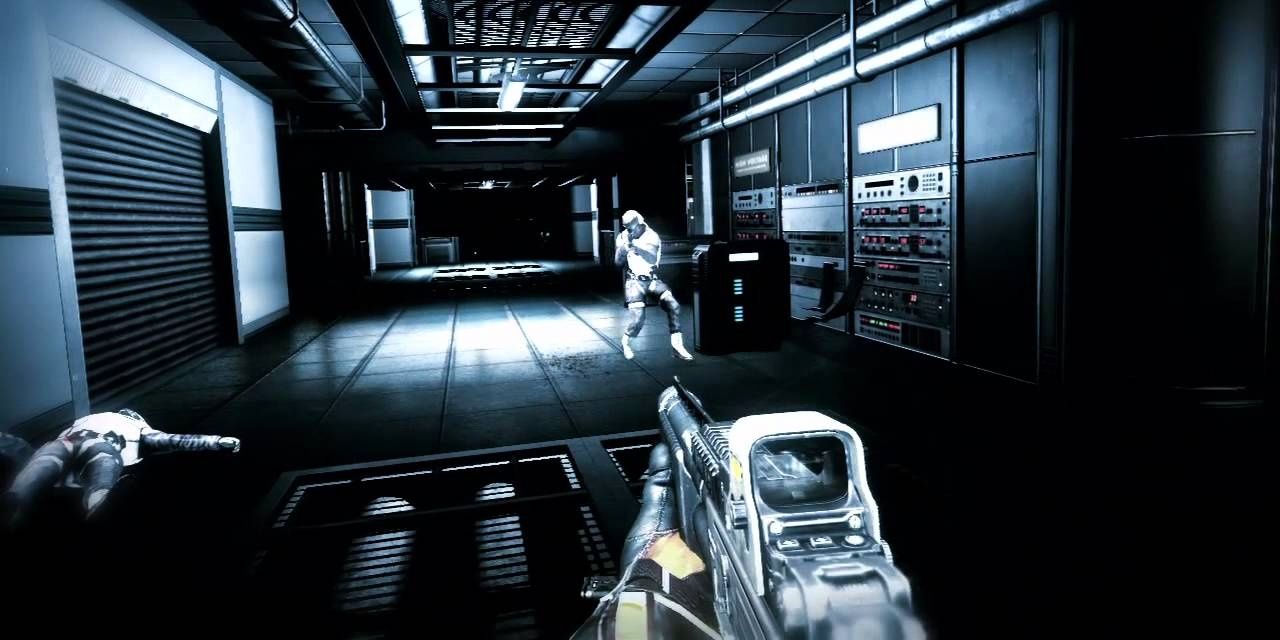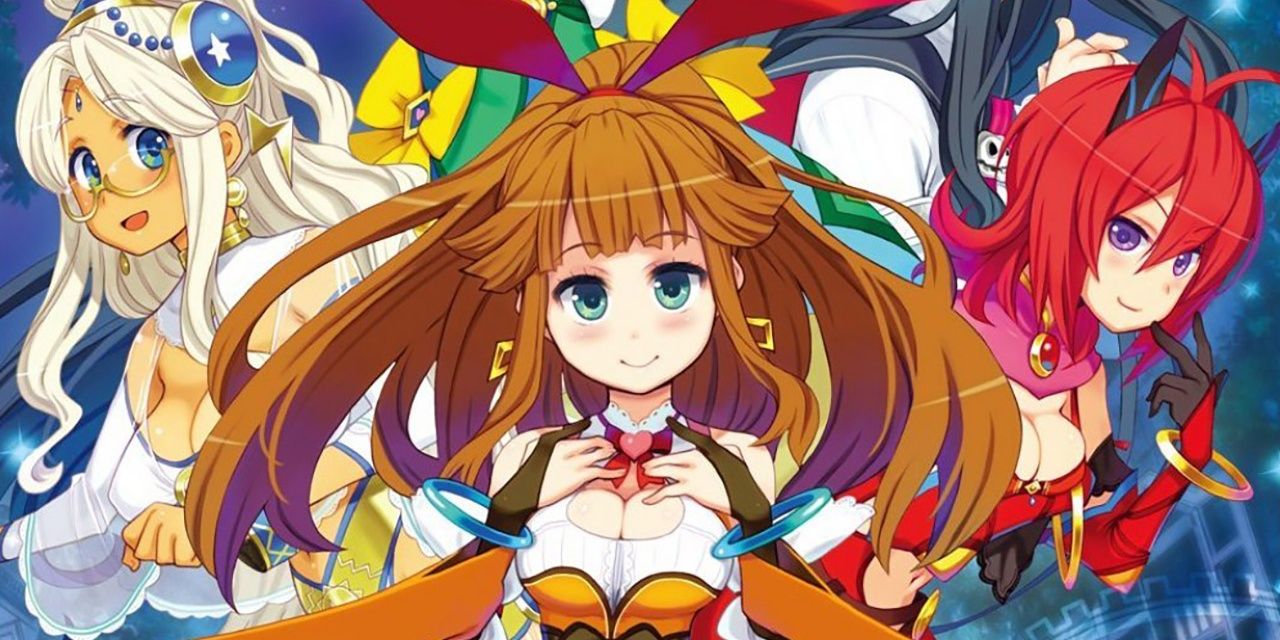The video game industry is no stranger to controversy. Pushing the envelope can often be a good thing as it sometimes leads to new and interesting ideas. Other times, however, certain concepts can leave a bad taste in one's mouth. It's undoubtedly a tricky thing to pull off. There's a fine line between genuine creativity and gratuitous stunts performed for cheap shock value.
Australia tends to scrutinize the content depicted in video games closely. Games often are refused classification permanently, while others sometimes walk away with just being censored. What's more, some of these entries may be quite surprising considering their immense popularity worldwide.Australia has always been tough on game ratings. These titles were straight out refused classification in the country.
10 Disco Elysium: The Final Cut
Disco Elysium was a mega hit with fans when it first released in 2019. The game offers a huge amount of player freedom when it comes to solving tasks. The RPG mechanics are layered in such a way that provides fans with massive roleplaying potential. The Final Cut, as its name suggests, restores some content that didn't make it into the original release and also adds fully-voiced characters for the game's massive cast.
The problem as far as Australia's licensing board is concerned involves the depiction of morally questionable behavior. Activities such as sex, drug abuse, and alcohol consumption are the main reasons cited for the refused classification. The official explanation for this decision can be found here.
9 Manhunt
Manhunt tends to be included on a lot of lists when video game controversies are concerned. It holds a rather rare distinction as a game that managed to enter the public consciousness in a strikingly dramatic fashion. Discussions about the impact of violence in video games, especially in the early 2000s, often cited Manhunt as a principal offender.
Although the graphics have now atrophied, there's no doubt that Manhunt contains a lot of graphic violence. The various execution methods that can be utilized on enemies, such as suffocating them with plastic bags, are brutal. It's for this reason that it still remains on Australia's "banned" list.
8 Reservoir Dogs
Quentin Tarantino's Reservoir Dogs is an excellent gangster film. The same cannot be said for the video game adaptation. It garnered middling reviews from critics at the time of its release in 2006. People tend to remember this game more for the controversy that it caused rather than its mediocre gameplay.
Tarantino's films are notoriously violent and the Reservoir Dogs video game is no exception. The overblown mayhem and the ability for the player to take hostages didn't exactly sit well with Australia's rating board. It was banned from the get-go and remains as such even today.
7 Hotline Miami 2: Wrong Number
Like other video games known for their controversy, Hotline Miami 2: Wrong Number caused quite a stir when it released in 2015. As a sequel to the critically-acclaimed first entry, the game went a step too far in the minds of some players.
The problem was a result of a scene that involves an implied sexual assault. The rug is pulled from underneath the player when it's revealed the whole sequence was just a film shoot. Still, the fact that something of that nature was included at all left a bad impression. Australia refused classification from the outset.
6 Phantasmagoria
Phantasmagoria, released by Sierra On-Line in 1995, is considered a bit of a cult classic for the horror genre. It utilizes Full Motion Video, an archaic design element that was used frequently in the 1990s, although it's rarely seen anymore today. The gameplay mainly consists of puzzle-solving along with the exploration of the environment.
The game was very controversial at the time due to the inclusion of a rape scene involving the female protagonist. It's a subject matter that's obviously uncomfortable. That, along with Phantasmagoria's gory scenes of violence, led to its banned status in Australia.
5 Blitz: The League
Blitz: The League can best be described as being like Madden, but with serious attitude. The game brings an over-the-top, bone crunching violence to the sport of football. It's by no means your grandfather's version of gridiron sport.
In Australia, the game was refused classification due to drug use. Players in the game can be given performance-enhancing drugs to heighten their skills on the field. In essence, drugs are being used as an incentive, which is a huge red flag as far as Australia's ratings board is concerned.
4 Katana Zero
Katana Zero is a 2D side scroller that incorporates both platforming elements and a heavy focus on action. The game's visual style, in particular, received much praise at the time of release. It blends the aesthetics of neo-noir and cyberpunk in a manner that's a veritable feast for the eyes.
The official explanation of why the game was refused classification is not expounded upon, as can be seen here. However, it's very likely the reason is drug-related. The protagonist, Subject Zero, frequently takes a drug called "Chronos," which serves to improve his combat abilities.
3 Postal 1 & 2
Similar to Manhunt, the Postal series often makes an appearance on any list concerning controversial video games. Players are given a lot of freedom to cause ridiculous levels of destruction and chaos. It's like playing out a revenge fantasy, which is most likely what these games were trying to achieve.
Both Postal and Postal 2 were refused classification in Australia. The graphic harm that can be inflicted on NPCs, along with other lewd acts such as urinating on corpses, were the main factors behind the ban. Actions done for pure shock value sometimes backfire, after all.
2 Syndicate
Released in 2012, Syndicate is a reboot of an earlier series produced by Bullfrog Productions. It's a futuristic first-person shooter in which the world is run by a collection of unscrupulous mega-corporations. The protagonist, Miles Kilo, gets involved in the shady dealings of these corrupts organizations.
The gory nature of the violence was the main obstacle in regards to classification at the time. Blood is plentiful, limbs can be shot off, and decapitations are possible. The classification board thought it was all too much and the game was subsequently banned.
1 MeiQ: Labyrinth Of Death
MeiQ: Labyrinth of Death is a dungeon-crawling RPG released for the Playstation Vita in 2015. The game's protagonist, a girl named Estra, must prevent the world from being plunged into eternal darkness. She relies on the aid of her four friends throughout the journey.
According to Australia's ratings board, the game was refused classification due to a character, who appears to be underage, being depicted in an overly sexual manner. Rating systems, not just Australia's, justifiably take these issues very seriously. It comes as no surprise that this game failed to make the cut.

